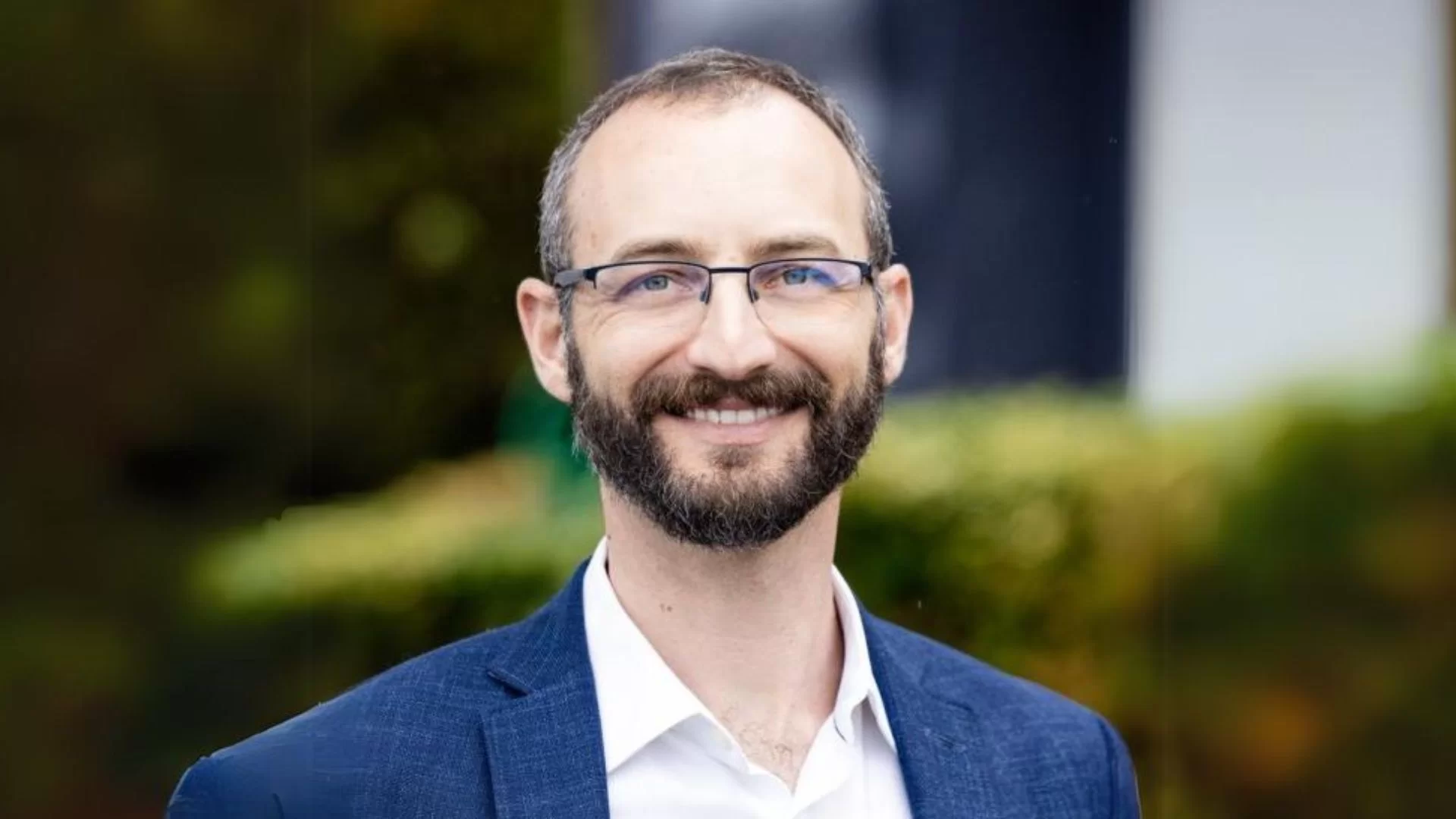Dr. Anthony DiGiorgio, senior affiliated scholar, Mercatus Institute | Mercatus.org
Dr. Anthony DiGiorgio, senior affiliated scholar, Mercatus Institute | Mercatus.org
A national health policy analyst said New York patients served by a hospital participating in the federal 340b drug program should be concerned the drug savings aren’t being passed along to them.
111 New York hospitals participate in the federal 340B drug pricing program, reported Empire State Today in February.
"Patients who have a drug copay are charged based on the list price of the drug, not the discount that the hospital acquires it for,” Dr. Anthony DiGiorgio, a neurosurgeon and senior affiliated scholar at the Mercatus Center at George Mason University, told Empire State Today.
“Because the discount is mandatory, many drugs come out with higher list prices than they normally would, but patients pay that copay at the higher list price,” he said. “Patients are actually paying more than they otherwise would if the 340b program didn't exist.”
Established in 1992, the 340b program enables eligible hospitals and healthcare organizations to purchase outpatient medications at significantly discounted prices.
Hospitals participating in the 340B program can use the savings to fund for essential services and programs, such as free or low-cost medication assistance, expanded access to healthcare, and community outreach initiatives.
Participating hospitals, however, “often extend their 340B discounts to clinics in well-off communities, where they can charge privately insured patients more than those on Medicaid,” reported the Wall Street Journal.
“In some cases, the program appears to be bolstering profits in well-off areas more than it is underwriting services in less-privileged neighborhoods,” said the Journal article.
“The hospitals often buy these drugs at the 340b discount and then resell them to Medicare and private insurance through independent pharmacies,” DiGiorgio said. “They charge Medicare and private insurance much more than the discounted price, reaping huge revenues.”
DiGiorgio said the program “makes no provisions requiring that the discounts be passed on to patients,” and there are also “no provisions that those revenues go back to charitable care, either.”
“The hospital can use that money for whatever it wants," he said. “This potential for 340b abuse has led hospitals to contract with pharmacies in wealthy areas and acquire independent clinics in these wealthy areas as well.”
U.S. Sen. John Kennedy (R-La.) introduced a bill in 2023 that he said would ensure “that organizations are transparent about how they use resources from” the 340B program.
An investigation was launched by U.S. Sen. Bill Cassidy (R-La.) last fall into at least one 340b provider’s services agreements, audit records dating back to 2018, patient demographics, communities served, and drug cost-sharing policies for uninsured patients.
DiGiorgio said members of Congress “must listen to their patients who are seeing their out-of-pocket costs rise from abuse of 340b.”
At the state level, DiGiorgio said “no states are adequately cracking down on this."
”Some states, like Maine, Washington, and Minnesota, have passed transparency measures,” he said. “Other states have removed the ability for hospitals to use the Medicaid system to generate revenue using 340b — California and New York.”
DiGiorgio said this hasn't reduced the growth of the program, and that state legislators can “require transparency at the state level” and “can also carve out 340b from state Medicaid programs."
"Because drugs can't get both the 340b and Medicaid drug rebate, many states are losing out on the Medicaid rebate since they are allowing 340b drugs to be purchased for Medicaid patients,” he said. “Those savings accrue to the hospitals, and not the state Medicaid programs, though.”
DiGiorgio practices neurosurgery at the University of California, San Francisco (UCSF), working primarily out of Zuckerberg San Francisco General Hospital and Trauma Center.
His policy research Mercatus focuses on Medicaid policy and healthcare economics.
He completed his residency in neurosurgery at Louisiana State University Health Sciences Center New Orleans, and received his doctor of osteopathic medicine degree at Touro University College of Osteopathic Medicine in California.


 Alerts Sign-up
Alerts Sign-up